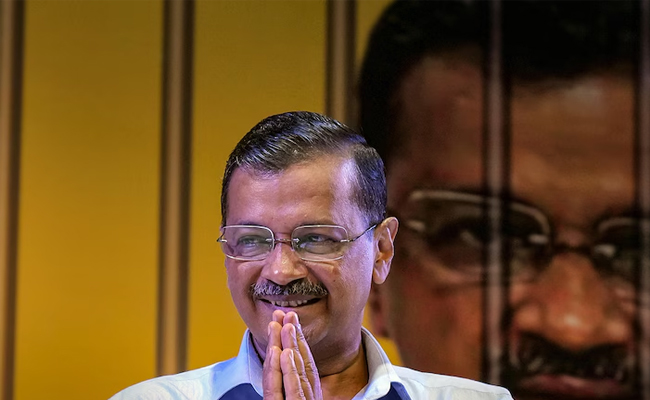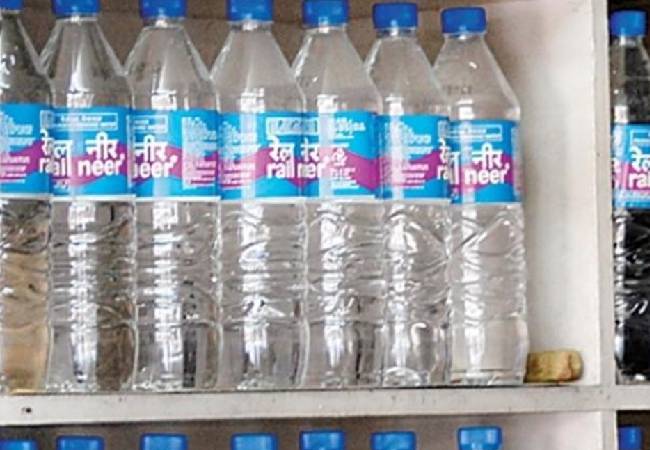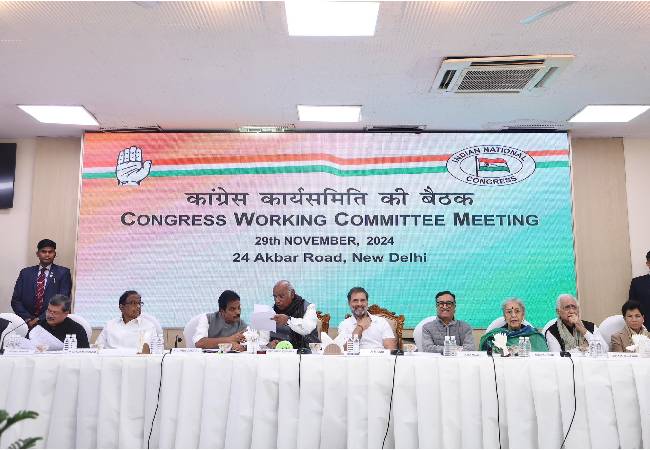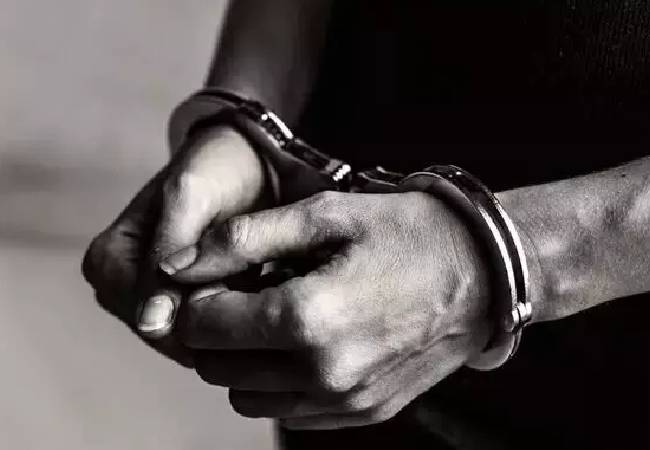New Delhi (PTI): Delhi Chief Minister Arvind Kejriwal told the Supreme Court on Thursday that the CBI did not arrest him for nearly two years in the alleged excise policy scam and an 'insurance arrest' was made on June 26 after he got bail in the "harsher" money laundering case filed by the ED.
Senior advocate Abhishek Singhvi, appearing for the chief minister, told a bench of Justices Surya Kant and Ujjal Bhuyan that no notice was served to Kejriwal by the CBI before arrest and an ex-parte arrest order passed by the trial court.
Seeking bail for the jailed Delhi CM, Singhvi submitted that Kejriwal is a constitutional functionary and was not a flight risk.
Singhvi said Kejriwal was not named in the CBI FIR and moreover, he is not a “flight risk”.
The senior lawyer said the top court, while granting interim bail in the money laundering case, had said the chief minister was not a threat to society.
“What started in August, 2023 has led to arrest in March this year in the money laundering case,” he said, adding the top court and a trial court have already granted him bail.
The hearing is underway.
The top court had on August 23 allowed the CBI to file its counter affidavit in the matter and gave two days to Kejriwal to file a rejoinder.
Kejriwal has filed two separate petitions challenging the denial of bail and against his arrest by the CBI in the case. He has challenged the August 5 order of the Delhi High Court upholding his arrest.
The AAP chief was arrested by the CBI on June 26.
On August 14, the top court refused to grant interim bail to Kejriwal in the case and sought a response from the probe agency on his plea challenging his arrest.
The Delhi High Court had on August 5 upheld the arrest of the chief minister as legal, and said there was no malice in the acts done by the CBI which was able to demonstrate how the AAP supremo could influence witnesses who could muster the courage to depose only after his arrest.
The high court had asked him to move the trial court for regular bail in the CBI case.
The excise policy was scrapped in 2022 after the Delhi lieutenant governor ordered a CBI probe into alleged irregularities and corruption involving its formulation and execution.
According to the CBI and the ED, irregularities were committed while modifying the excise policy and undue favours extended to licence holders.
Let the Truth be known. If you read VB and like VB, please be a VB Supporter and Help us deliver the Truth to one and all.
New Delhi (PTI): Approximately 13 lakh litres of packaged drinking water -- 'Rail Neer' -- are being supplied to train passengers across the railway network daily, the government informed the Lok Sabha in a written reply on Wednesday.
Apprising the Lower House about the Indian Railways' endeavour to provide safe and potable drinking water facilities at all stations, the government also provided zone-wise details of the water vending machines (WVMs) installed there.
"To ensure the quality of drinking water being made available at the railway stations, instructions exist for periodical checking and required corrective action to be taken.
"Regular inspection and maintenance of drinking water facilities is carried out and complaints are attended to promptly," Railway Minister Ashwini Vaishnaw said while responding to a question raised by BJP MP Anup Sanjay Dhotre seeking to know the supply of drinking water at railway stations across the country
"Complaints regarding deficiency in services, including water supply, are received through various channels such as public complaints, web portals, social media, etc. These complaints are received at various levels, including the Railway Board, zonal railways, division office, etc.," Vaishnaw said.
"The complaints so received are forwarded to the concerned wings of Railways and necessary action is taken to check and address them. As receipt of such complaints and action taken thereon is a continuous and dynamic process, a centralised compendium of these is not maintained," he added.
Providing zone-wise details of water vending machines, the minister said 954 such machines have been installed across railway stations.
"The Indian Railways also provides safe and affordable packaged drinking water bottles -- Rail Neer -- approved by the Bureau of Indian Standards (BIS) in trains and at stations," Vaishnaw said.
"Approximately, 13 lakh litres of Rail Neer are being supplied per day to the travelling passengers in trains and at stations across the Indian Railways network," he added.




